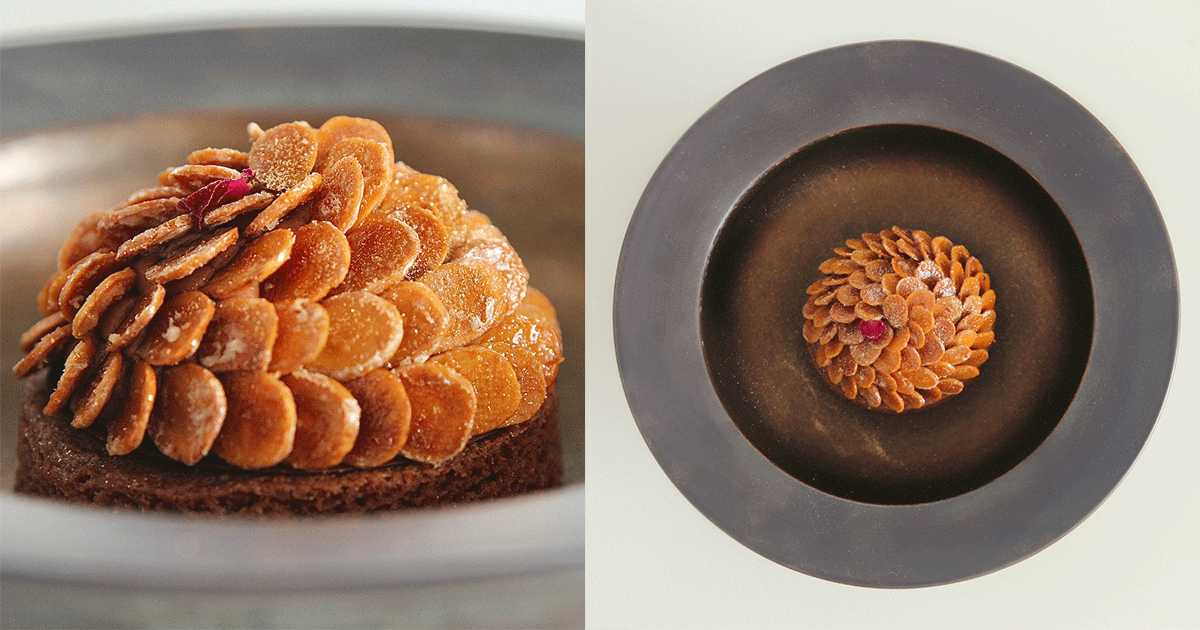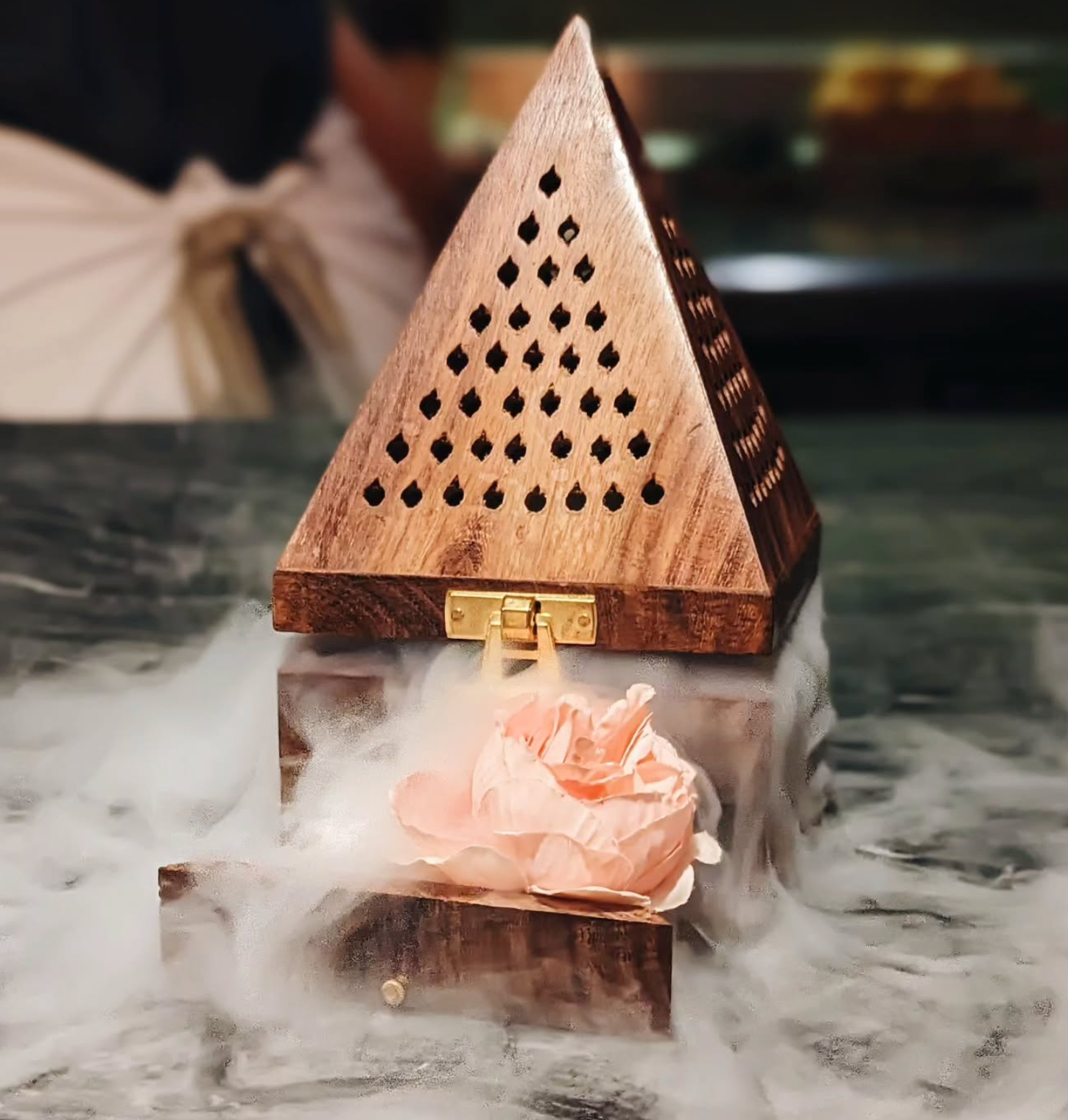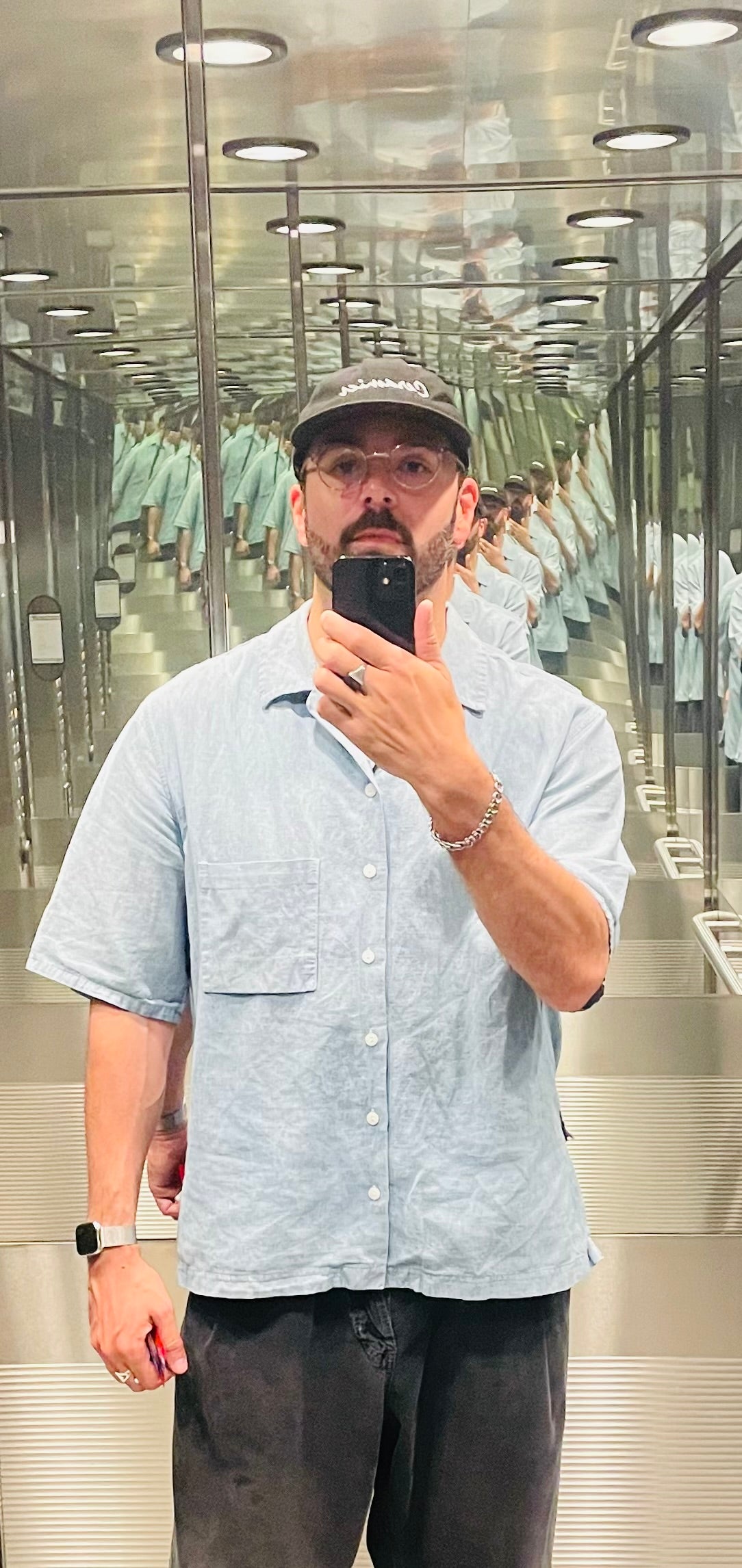Chef Sahar Parham Al Awadhi
Ancestral Agency
On Memory & Food
Food is far more than sustenance. It is story, archive, and philosophy: an edible embodiment of memory and imagination. Culinary traditions trace histories of empire, diaspora, resistance, invention and are the products of negotiation between cultural expectations and culinary necessity. Our dishes today are archetypes of what cuisine truly is: transnational, adaptive, and infinite.
To draw from the world and weave it into our present selves is to enact ancestral agency. It is a deliberate shaping of identity that reaches backward with reverence and forward with purpose. We must ask ourselves: Who do we intend to become as future ancestors? What culinary, cultural, and ethical legacies will we leave as blueprints for the generations that follow?

In the face of globalization, climate change, and rapid urbanization, many heritage foodways are disappearing. Traditional knowledge — often transmitted orally and experientially — is vulnerable to loss if not actively preserved. Grains go extinct. Languages fade. Rituals lose context. As we race toward innovation, we must resist the false binary that pits the past against the future. Preservation is not regression; it is continuity. It is cultural resilience.
To preserve heritage cooking is to safeguard identity, autonomy, and ecological wisdom. It is to recognize that ancestral knowledge systems — from fermentation to foraging, seed saving to spice blending — offer not just flavors, but models of sustainability and adaptation. These are not static relics; they are dynamic legacies, capable of being honored and reinterpreted without being erased.
This emerging cuisine refuses categorization. It draws upon ancient grains, heirloom techniques, and indigenous practices, while embracing molecular gastronomy, digital connectivity, and cross-cultural collaboration. It is not fusion for novelty’s sake, but a sincere engagement with the plurality of our identities. It is deeply intimate, and radically inclusive.
_
"It’s not just about clever dishes like 'machboos risotto.' It’s about knowing why rice, in our UAE dialect, is called aish—meaning life. To speak that word is to honor those who nourished communities with resilience and hope. This is the true substance behind the plate: not novelty, but narrative."
_

In our contemporary moment where global interconnectedness is both celebrated and contested, we are uniquely poised to reimagine the culinary landscape. With the wisdom of our ancestors and the tools of modernity, we are capable of crafting a new gastronomic language. One that honors the past not as a static archive, but as a living dialogue. By blending inherited knowledge with artistic freedom, we bridge time itself — we create magic and food becomes the portal. It insists that we understand creativity not as departure from origin, but as the continuation of it.
Food, at its best, can operate as a form of culinary diplomacy — a means by which human beings encounter one another across boundaries otherwise difficult to cross. Meals have historically been sites of both reconciliation and revelation. The shared table can disarm rhetoric, foster empathy, and generate understanding. When chefs act as cultural ambassadors and kitchens become sanctuaries for conversation, food becomes not only nourishment, but negotiation.
To that end, policymakers have a critical role in shaping the future of food. They are the architects of the systems that determine who grows what, who cooks, who eats, and under what conditions. Investing in inclusive and equitable food infrastructures is not an abstract ideal, it is a necessity. This includes protecting heritage ingredients, funding community-based culinary education, supporting intergenerational knowledge transfer, and empowering cultural stewards, especially those from marginalized and indigenous communities. The future of cuisine is a shared civic responsibility, and it begins with honoring the culinary roots that continue to nourish us all.
_
"The future is already unfolding on our plates. It arrives family-style: abundant, diverse, uncontained, and made with intention. The question should not be whether we will participate in shaping it, but how."
_

_______
©Sahar Parham Al Awadhi
FRIDAY GALLERY
MORE FROM THE CATALOG
Ancestral Futures: On Memory

Stories Held in Stone
Curatorial Statement

On Memory & Movement
Nomadic Futures

On Memory & Magic
Alephism

On Memory & Heirlooms
From Teta
Back to the Exhibition
